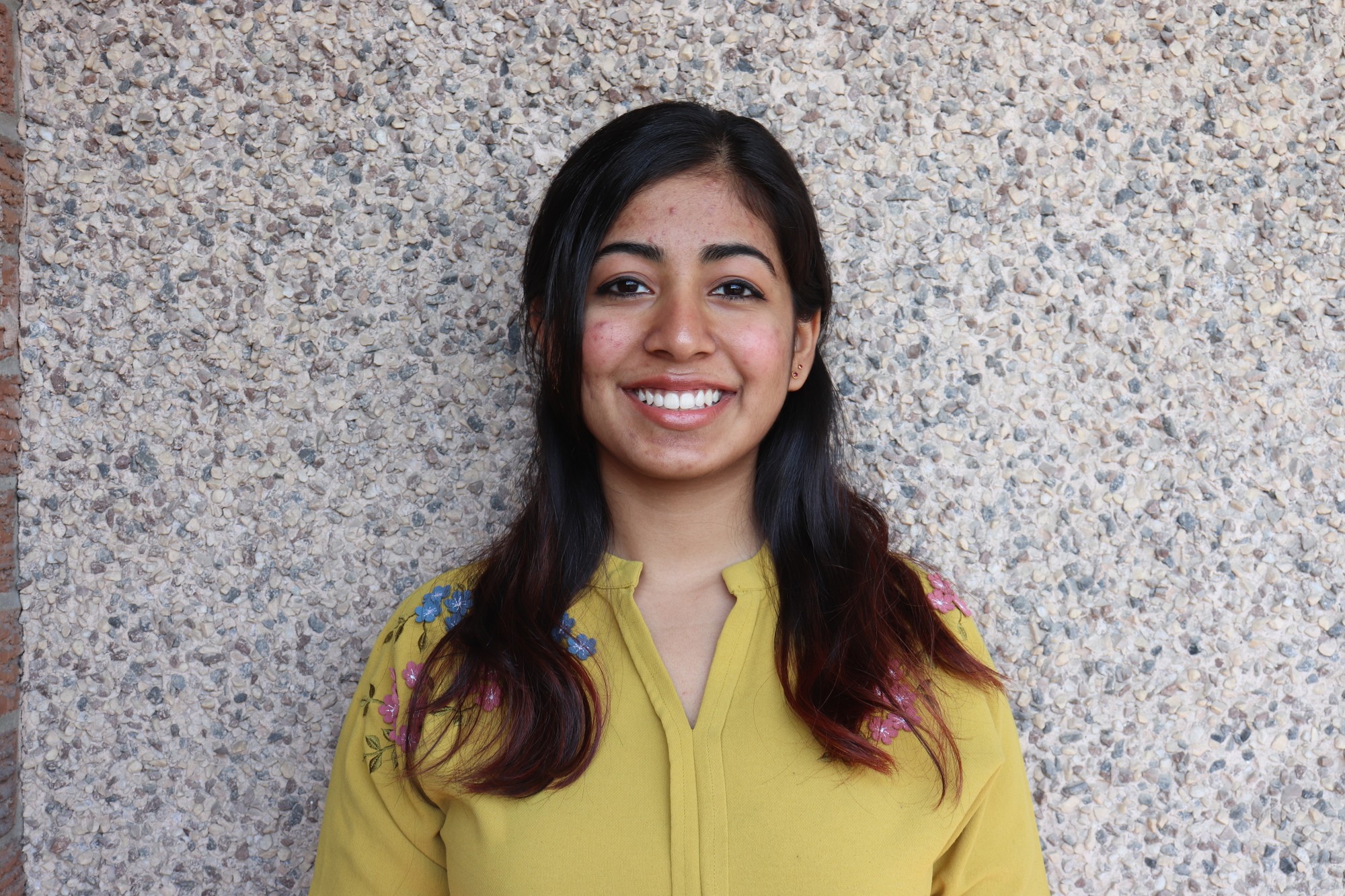A few months ago, my favourite Bollywood actress, Deepika Padukone, was caught in a drug-scandal involving cannabis and I, to my surprise, shrugged it off.
Cannabis is illegal in India, my country of birth, so why had that not been a bigger deal to me? Was I too “Canadian” to bother?
With a distance of over 11,000 km between me and New Delhi, I was bound to a rollercoaster of changes. I had gone from saying “what?” to “pardon?” and from “please” to “excuse me.” I now even throw in the occasional – and the most odd for me – “sorry.”
I came to Ottawa 15 months ago when I was 17 to pursue post-secondary education. I had never seen such a calm place and yet felt such an inner storm simultaneously. So many things surprised me, for instance, students have part-time jobs while they study, children have licenses at 16 and people here are far too polite.
I’m not alone in finding different aspects of Canadian life surprising. Ashmi Mary Shajan, 20, a student from Kerala, India, has been surprised by things too.
“I got a lot of freedom,” she said. “I started working here and the level of independence that it gave me is unparalleled.” Shajan came from India in 2018 to study fitness and health promotion and she is going to pursue her second course in at Algonquin College in radiology.

One of the things that made me independent was food. I had never cooked to survive before in my life, and McDonald’s and Tim Hortons could only go so far to feed me. YouTube became my most-used app and I started cooking. It felt good to eat home cooked food once again. It felt good to send pictures of my meal to family’s group chat.
But I also discovered aroma, the aroma of caramelized onion with spices and curry leaves. As a new cook, I also discovered that my cooking efforts had other consequences. Once while travelling on the bus, I noticed that an elderly woman sitting beside me had covered her nose her until I got up to leave. Snapping out of my initial confusion I found out that my jacket smelled like butter chicken.
I was hurt by her actions but no one was at fault. She was polite in her own way like most Canadians are said to be. But the problem with politeness is that any disapproval of hard feelings are only passively expressed.
After thinking a lot about her gesture, the aroma, how to change, if I should change, I concluded: if we go to someone’s home and they expect us to remove our shoes before entering, we do so. So when we come to someone else’s country we learn to respect their views and values. We observe their norm and comply with respect.
Adapting does not mean succumbing. It meant to learn new things to add to our pre-existing beliefs. So when we embrace a new culture, we adjoin it to our own and it results in our growth.


